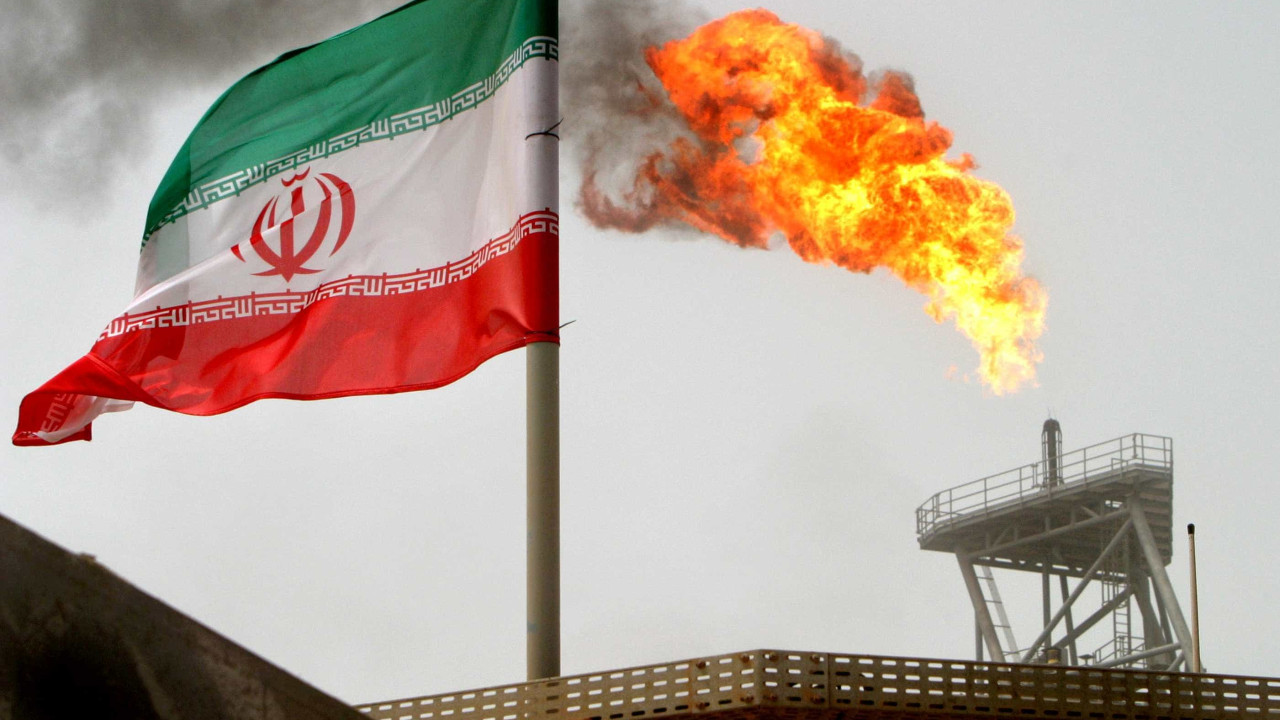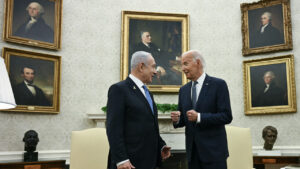
Nthe first attack on Israeli territory, Iran launched more than 300 missiles and ‘drones’, in retaliation for the bomb attack on the 1st of this month against the Iranian consulate in Damascus, which killed six Syrians and seven members of the Revolutionary Guard, and which Tehran attributed to Tel Aviv.
According to the Pentagon, the response announced by the Islamic Republic was “launched from Iran, Iraq, Syria and Yemen”, where Tehran leads a network of rebel groups and powerful militias that wage wars of various forms against Israel and the US , supporting Palestinians in the Gaza Strip.
According to the Spanish news agency EFE, these are Iran’s main allies, potential targets of an Israeli response.
Hezbollah, or standard bearer
Considered Iran’s most powerful ally in the Middle East, the Lebanese Shiite group Hezbollah has been involved in a moderate but intense exchange of fire with Israel, mainly along the common dividing line, since October 8, one day after the start of the war in Gaza.
Coinciding with the Iranian attack on Israeli territory, the armed group announced the launch of “dozens” of rockets against an important military base in northern Israel and, later, claimed responsibility for another barrage against three military posts in the north of the Golan Heights.
In response, Israeli military aviation bombed a building in the Bekaa Valley, a region in eastern Lebanon, far from the common border, where clashes often take place and which has been attacked several times by the Jewish State in recent weeks.
In Lebanon and Israel, six months of clashes have left more than 150,000 people displaced on both sides of the border, as well as around 20 dead on the Israeli side and more than 330 dead on the Lebanese side.
Peace be upon the Houthis
Yemen’s Houthi rebels have demonstrated their capabilities by launching missiles and drones at Israel, as well as attacks on merchant ships in the Red Sea and Arabian Sea since late November, with the aim of damaging the economies of Israel and its allies. westerners.
The serious disruption caused by these attacks and the threat to Israel from the Huthis led the United States and the United Kingdom to launch a bombing campaign against insurgent positions in Yemen in mid-January, although the rebel formation claims that this will not deter them. there.
The Houthis have not claimed responsibility for launching projectiles at the same time as the Iranian attack on Israel, although Washington and several organizations report that the Iranian Revolutionary Guard maintains units deployed in several areas of Yemen controlled by the insurgents.
Iraqi militias in action
Despite having more limited capabilities than Hezbollah and the Houthis, the so-called Islamic Resistance in Iraq has claimed responsibility for around 200 attacks against US-occupied bases in Iraqi and Syrian territory, although it has also occasionally targeted southern Israel.
The group, made up of an amalgam of militias loyal to Iran operating in Iraq and the eastern Syrian border area, has kept a low profile after one of its drones killed three US soldiers on the Jordan-Jordan border. and Syria, in January.
This provoked a furious response from Washington, which heavily bombed the positions of these armed groups in both Iraq and Syria, leaving dozens dead and raising the alarm about the opening of a new war front that could lead to a direct confrontation with the Iran.
The Iraqi government, which maintains a delicate balance between Tehran and Washington, warned the two allies that their territory is not a battlefield, after Iran launched missiles against northern Iraq in January, claiming that they were targeting a headquarters of the Israeli Mossad secret services.
Read Also: Extraordinary meeting of EU NE ministers on Tuesday

Download our free App.
Eighth consecutive year Consumer Choice for Online Press and elected product of the year 2024.
* Study by e Netsonda, Nov. and ten. 2023 product of the year – pt.com
Source: https://www.noticiasaominuto.com/mundo/2540597/quem-sao-os-aliados-do-irao-no-medio-oriente-que-desafiam-israel


